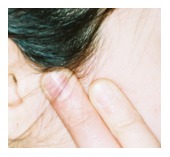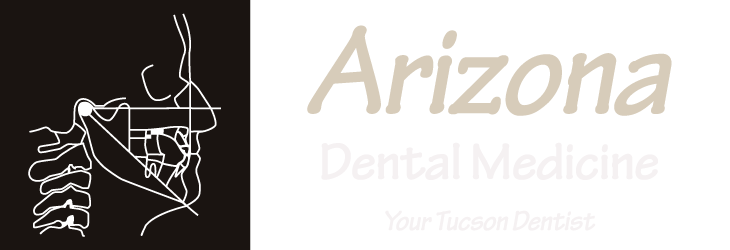The temporomandibular joint (TMJ) connects the mandible (lower jaw bone) to the cranium (skull). This is the most complicated joint of the entire body. It is one that allows forward and backward movements as well as rotational and side to side movements. The term TMD stands for Temporo-Mandibular Disorder.
 TMD is often characterized as complications or problems with this joint. Some of the most common symptoms of TMD are:
TMD is often characterized as complications or problems with this joint. Some of the most common symptoms of TMD are:
- Pain in areas outside of the jaw (headaches and/or neckaches)
- Jaw pain with or without jaw movement
- Clicking or popping sounds with jaw movement
- Muscle spasm that may limit jaw movement
- Locking of the jaw joint preventing jaw movement
Some causes of this disorder relate to genetics, hormones, low-level infections, auto-immune diseases and trauma. Clenching and/or grinding of the teeth are also a factor.
Diagnosis of such conditions and evaluation of the causes are best performed by dentists experienced in this discipline. Since the vast majority of causes relate to occlusion (bite), some common treatments are Night Guards, Bite Guards and Bite Adjustments. The doctors at Arizona Dental Medicine will be able to guide you toward the most appropriate treatment model.
If you experience any problem or symptoms relating to head, neck and/or facial pain, please let us know. We will be happy to evaluate your situation and offer you the best treatment possible.
If you are looking for a great Tucson Dentist, give us a call today!
